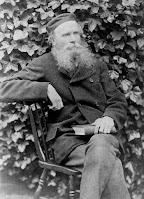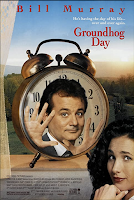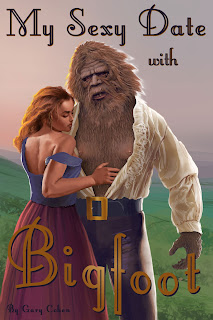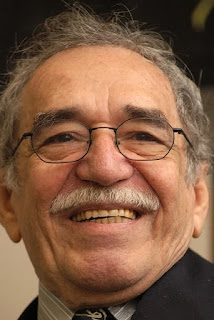Inspirations: The Wordsmith
There is no synonym for synonym.
That was the thought that started it all. There was an antonym for synonym: antonym. There was an antonym for antonym: synonym. But no synonym for synonym. It seemed like a terrible oversight. And it's just a word. Someone made up synonym, antonym, and homonym. Why did they stop there?
A quick aside. I have some very vivid memories of my childhood. Just flashes. Most of them are of me being annoyed. I don't know why memories of being annoyed are so special: I am easily annoyed. I remember being very young, and the teacher was giving us our English lesson. Telling us that from now on, we were going to call words that sound alike "homonyms". We were going to call opposite words, "antonyms" and we were going to call words that mean the same as each other, "synonyms". I remember being annoyed because to me it didn't seem like antonym was a particularly more difficult word than opposite. Why all the subterfuge? She had this information all along and was deliberately holding out on us- and for what? Why did she think we weren't ready for this information before; and what had changed? It was annoying.
So, back to the story. This idea had me down the rabbit hole of googling* dictionaries, and the people who wrote them, and the people who contributed to them. I know that I had looked up Noah Webster and Webster's dictionary. Did you know that he was the person who helped decide that Americans should use more phonetic spellings than their British counterparts? He thought it was unnecessary. He changed colour to color, theatre to theater, and a bunch of other words like them. He even changed tongue to tung which according to Wikipedia, "didn't catch on". What a shame.
But for reasons I don't recall I went with Samuel Johnson who was the editor and driving force behind the The Dictionary of the English Language which is probably the first authoritative dictionary of the English language. It took him 8 years to complete. I guess that's why he won out. He was first.
Fun fact: My book took me longer.
Funner fact: There's also a Looney Toons reference in this story which I'm particularly proud of. It wasn't something I had in mind but it was sort of a natural fit once the story got going. Have time on your hands? Google "anvil shooting". It's not what you think it's so much more.
Funnest fact: One of the most prolific contributors to the Oxford English Dictionary was a convicted murderer and a mental patient!
*googling is in the dictionary. Good for those guys.
Gary Gulman who is a great comedian, also a mental patient (recovered?) has a great routine about the guys who got together to standardize the state abbreviations so that they're all 2 letters long. It is hilarious.




Comments
Post a Comment